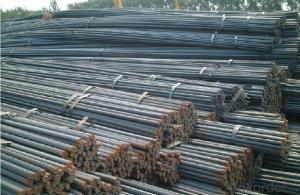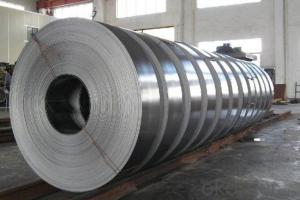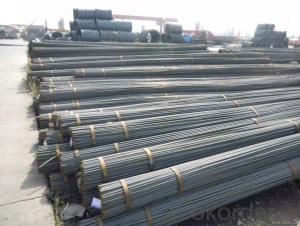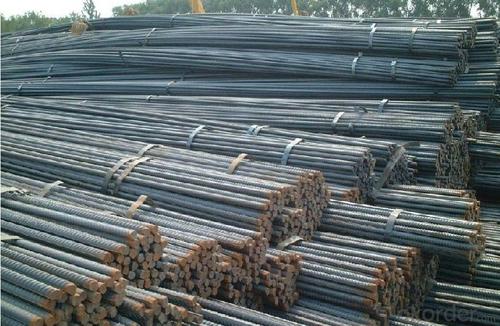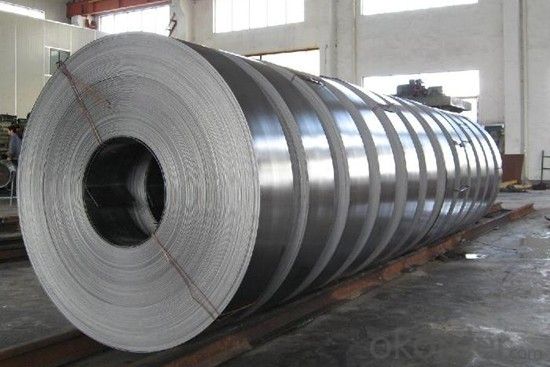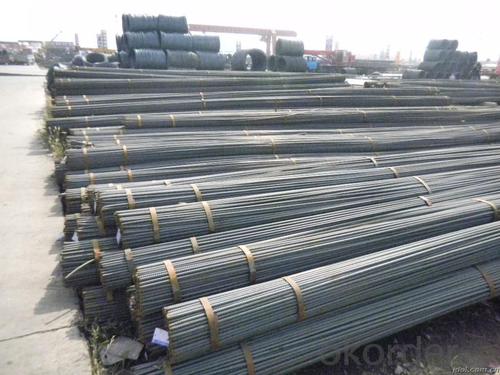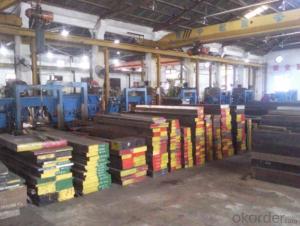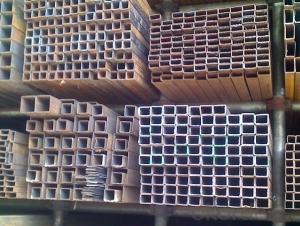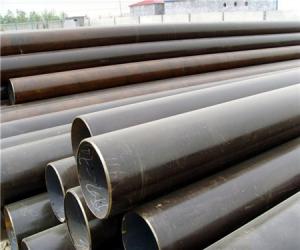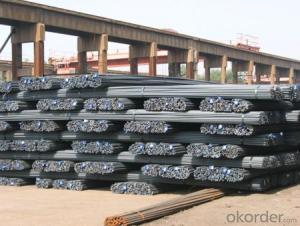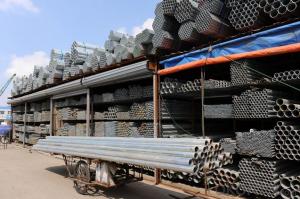Steels Manufacture Building Material Made in China on Hot Sale
- Loading Port:
- Tianjin
- Payment Terms:
- TT OR LC
- Min Order Qty:
- 100 m.t
- Supply Capability:
- 1000 m.t/month
OKorder Service Pledge
OKorder Financial Service
You Might Also Like
1.Packaging & Delivery
Packaging Detail: | in bundles or as customer's requirement |
Delivery Detail: | Within 30days after receiving your deposit or copy of L/C |
2.Specifications
HRB400,HRB500 Steel Rebars
1.China direct supplier
2.Best service
3.Competitive price
4.Quantity assured
3.Product Description
Name | High Tensile Export Reinforcing Steel Bar ,Deformed Steel Bar ,HRB400B,HRB,46B,HRB500 Building Construction Material |
Standard | ASTM A615 /BS BS 4449 /GB HRB/ JIS G3112 |
Grade | A615 Gr40/60/75 BS 4449 Gr460,B500 GB HRB335,HRB400 ,HRB500
JIS G3112 SD390
|
Diameter | 6mm-40mm |
Length | 6-12m |
Technique | Low temperature hot-rolling reinforcing deformed steel rebar |
Tolerance | As the standard or as your requirement |
Application | Building, construction, road, bridge,etc |
Certificated | BV |
MOQ | 500tons per size steel rebar |
Packing details | Steel rebar packed in bundle or as your requirement |
Delivery | Within 30 days after deposit |
Payment | T/T or L/C |
4.Chemical Composition
Grade | Technical data of the original chemical composition (%) | |||||||
C | Mn | Si | S | P | V | |||
HRB400 | ≤0.25 | ≤1.60 | ≤0.80 | ≤0.045 | ≤0.045 | 0.04-0.12 | ||
Physics capability | ||||||||
Yield Strength(N/cm2) | Tensile Strength(N/cm2) | Elongation (%)
| ||||||
≥400 | ≥470 | ≥14 | ||||||
Grade | Technical data of the original chemical composition (%) | |||||||
C | Mn | Si | S | P | V | |||
HRB500 | ≤0.25 | ≤1.60 | ≤0.80 | ≤0.045 | ≤0.045 | 0.04-0.12 | ||
Physics capability | ||||||||
≥500 | ≥630 | ≥12 | ||||||
5. Theorectical weight
Diameter (MM) | Cross Sectional Area (MM2) | Theorectical Weight (KG/M) | Weight of 12M Bar (KG) | A Ton Contains 12M Bars (PCS) |
6 | 28.27 | 0.222 | 2.664 | 375.38 |
8 | 50.27 | 0.395 | 4.74 | 210.97 |
10 | 78.54 | 0.617 | 7.404 | 135.06 |
12 | 113.1 | 0.888 | 10.656 | 93.84 |
14 | 153.9 | 1.21 | 14.52 | 68.87 |
16 | 201.1 | 1.58 | 18.96 | 52.74 |
18 | 254.5 | 2 | 24 | 41.67 |
20 | 314.2 | 2.47 | 29.64 | 33.74 |
22 | 380.1 | 2.98 | 35.76 | 27.96 |
25 | 490.9 | 3.85 | 46.2 | 21.65 |
28 | 615.8 | 4.83 | 57.96 | 17.25 |
32 | 804.2 | 6.31 | 75.72 | 13.21 |
36 | 1018 | 7.99 | 98.88 | 10.43 |
40 | 1257 | 9.87 | 118.44 | 8.44 |
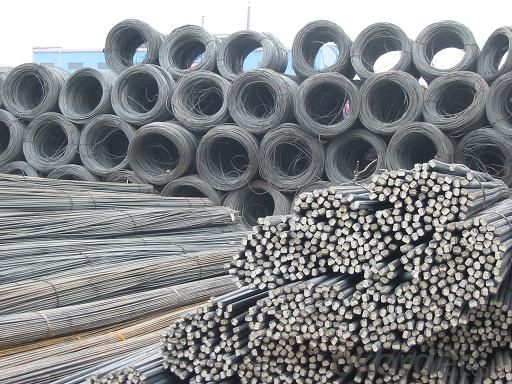
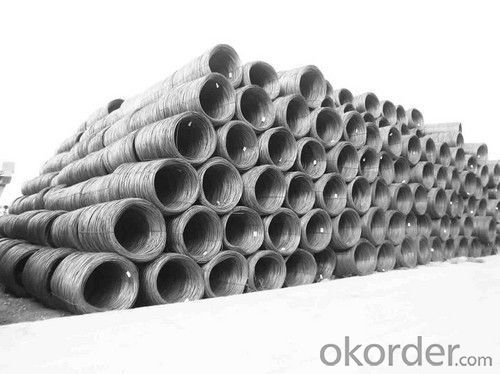
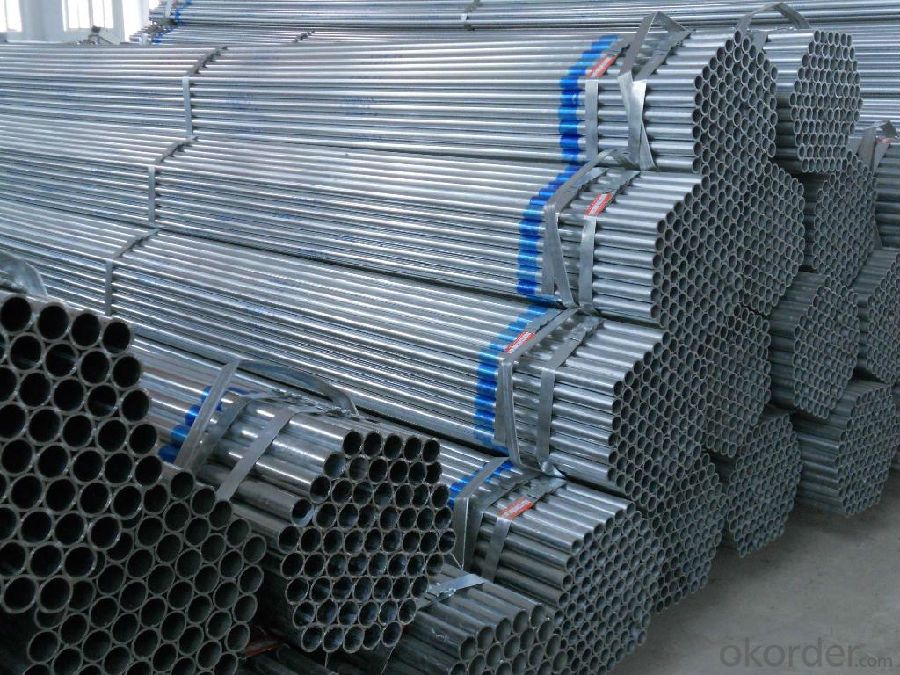
- Q: How to calculate the maximum bending stress of steel pipe? Is there a list of the maximum flexural normal stresses for steel pipes of different materials and diameters?
- Strength design of steel pipe by this formula to calculate the maximum normal stress in the steel pipe should be less than the value (based on your choice of different grades of steel, steel strength design value is not the same, this value can also be found through the design manual of steel structure), meet the requirements, it can meet the requirements of steel pipe under the action of bending moment strength.
- Q: How are steel pipes protected against external corrosion in coastal areas?
- To safeguard steel pipes against external corrosion in coastal regions, a combination of coating and cathodic protection methods is employed. An effective approach involves applying a protective coating onto the steel surface, forming a barrier against corrosive elements like saltwater and humidity present in the coastal environment. Commonly used coating materials, such as epoxy or polyethylene, possess corrosion-resistant properties and offer long-lasting protection. Furthermore, cathodic protection is utilized to enhance the corrosion resistance of the steel pipes. This technique employs sacrificial anodes or impressed current to prevent corrosion. Sacrificial anodes, typically made of zinc or aluminum, are attached to the steel pipe and corrode in place of the steel, sacrificing themselves to safeguard the steel surface. On the other hand, impressed current systems rely on an external power source to provide a protective current, effectively preventing corrosion. Ensuring the effectiveness of the protective coating and cathodic protection system necessitates regular inspection and maintenance. Coatings may degrade over time due to wear and tear, requiring periodic evaluation and reapplication if necessary. Similarly, sacrificial anodes must be replaced when depleted, and impressed current systems need to be monitored and adjusted to maintain the desired level of protection. By combining the application of durable coatings with cathodic protection measures, steel pipes in coastal areas can be adequately shielded against external corrosion, promoting their durability and optimal performance.
- Q: What are the common fittings and accessories used with steel pipes?
- There are several common fittings and accessories used with steel pipes in various applications. These fittings and accessories are essential for connecting, redirecting, controlling, and supporting the flow of fluids or gases through the pipe system. One of the most commonly used fittings is the steel pipe elbow, which allows for a change in direction of the pipe. Elbows are available in different angles, such as 45 degrees or 90 degrees, to accommodate specific piping needs. They are used to prevent sharp bends that could cause flow restrictions or pressure drops. Another common fitting is the steel pipe tee, which has three openings in the shape of a "T". Tees are used to create branch connections to redirect the flow of fluids or gases into multiple directions simultaneously. Steel pipe reducers are fittings used to connect pipes of different sizes. They come in two types, concentric reducers and eccentric reducers. Concentric reducers have a symmetrical design and allow for a smooth transition between pipes of different diameters. Eccentric reducers, on the other hand, have an offset design and are used when there is a need to align pipes at different levels. Couplings are fittings used to join two pipes together. They come in different types, such as threaded or socket weld couplings, and provide a secure and leak-proof connection between pipes. Flanges are another common accessory used with steel pipes. They are flat, round plates with holes in the center that allow for the connection of pipes, valves, or other equipment. Flanges are typically used in applications that require easy access for inspection, cleaning, or maintenance. Other common fittings and accessories include steel pipe caps, which are used to seal the ends of pipes, and steel pipe nipples, which are short lengths of pipe used to extend or connect two fittings. It is important to note that the selection of fittings and accessories for steel pipes depends on the specific application, such as the type of fluid or gas being transported, the pressure and temperature requirements, and the overall system design. Consulting with a professional or referring to industry standards is recommended to ensure the correct fittings and accessories are chosen for a particular steel pipe system.
- Q: Are the welded and galvanized tubes the same weight?
- The same specifications of welded pipe and galvanized pipe weight is not the same, the general welding tube weight, galvanized pipe light.
- Q: Can steel pipes be used for conveying abrasive materials?
- Yes, steel pipes can be used for conveying abrasive materials. Steel pipes are known for their durability and resistance to wear, making them suitable for handling abrasive materials. Additionally, steel pipes can be lined with various protective coatings or linings to further enhance their resistance to abrasion and extend their lifespan.
- Q: How are steel pipes used in the construction of nuclear power plants?
- Steel pipes are used in the construction of nuclear power plants for various purposes, including transporting coolant, steam, and gases, as well as providing structural support for the overall system. These pipes are specifically designed to withstand high pressures, extreme temperatures, and corrosive environments, ensuring the safe and efficient operation of the nuclear power plant.
- Q: What are the different types of coatings used for internal lining of steel pipes?
- There are several types of coatings commonly used for the internal lining of steel pipes, including epoxy coatings, polyurethane coatings, and cement mortar linings. These coatings are applied to protect the steel pipes from corrosion, improve the flow of fluids, and enhance the longevity and durability of the pipes.
- Q: How are steel pipes inspected for quality?
- Steel pipes are inspected for quality through various methods such as visual inspection, non-destructive testing techniques like ultrasonic testing, magnetic particle inspection, and radiographic testing. These inspections help identify any defects, cracks, or imperfections in the pipes, ensuring they meet the required quality standards. Additionally, mechanical tests such as tensile strength and hardness tests may also be conducted to assess the structural integrity of the steel pipes.
- Q: Can steel pipes be used for gas transmission pipelines?
- Yes, steel pipes can be used for gas transmission pipelines. Steel is a commonly used material for gas pipelines due to its strength, durability, and resistance to corrosion. Additionally, steel pipes can withstand high pressure and temperature conditions, making them suitable for transporting natural gas over long distances.
Send your message to us
Steels Manufacture Building Material Made in China on Hot Sale
- Loading Port:
- Tianjin
- Payment Terms:
- TT OR LC
- Min Order Qty:
- 100 m.t
- Supply Capability:
- 1000 m.t/month
OKorder Service Pledge
OKorder Financial Service
Similar products
Hot products
Hot Searches
Related keywords
